For the second time in as many years, Apple Computer is looking to outshine rival Micrsoft Corp. in the inevitable battle between the two companies' software operating systems.
Leopard is due to hit the market about the same time as Microsoft's Vista, and sources say Apple has been keeping a close eye on the Redmond, Wash.-based software giant. They say the Mac maker has been developing a handful of features for Leopard that will specifically rival those available to Vista users — some will make the cut for Leopard's release while others may not.
One of the rumored features is said to be OS-level integration of a geographical mapping technology, similar to Microsoft's Virtual Earth. In recent months, Microsoft has made several acquisitions aimed at bolstering its Virtual Earth division, including a buyout of Vexcel Corp.
According to sources, Apple has been working on a similar approach, but modeled after Google's Maps feature. The technology will presumably allow Leopard users to scour the globe through satellite imagery and whisk up driving directions on the drop of a dime.
Another rumored feature of Leopard — one which appears to be shown in the unauthenticated Leopard screenshots — is the unification of Apple's Address Book and iCal applications into a single app. Interestingly, the two screenshots making the rounds on the Web this week indeed show a revised Address Book icon that also displays a date. This is coupled with the absence of the traditional iCal icon in the Mac OS X Dock.
Still, the juiciest rumors surround Apple's Boot Camp and where the company may or may not take the technology. Although sources did not explicitly say that Boot Camp would be transformed into a complete virtualization solution, they did say the technology is being groomed as a rival to Microsoft's Virtual PC Express.
In March, Microsoft released an "Early Release" of Virtual PC Express, saying it would allow users "to run an operating system as a host (such as Windows XP Professional) and run another operating system as a guest in the virtual machine (such as Windows 2000)."
"This Early Release does not support Windows Vista since Windows Vista has not yet been released," Microsoft said. "When Windows Vista Enterprise ships in late 2006, it will include Virtual PC Express, which will support Windows Vista as a host operating system (as well as additional enhancements such as support for 64-bit)."
Feature specifics aside, there have been some other rumblings about Leopard. In very much the same way Microsoft decided to market its next-generation OS under the name Vista (rather than its code-name "Longhorn"), Apple is also rumored to be mulling a "more marketable" name for its next-generation OS. However, it's unclear if Apple will ultimately go through with the change.
Apple plans to unveil Leopard for the first time at its World Wide Developers Conference, which runs from Aug. 7 - 11 at the Moscone Center in San Francisco, Calif.
 Katie Marsal and Kasper Jade
Katie Marsal and Kasper Jade

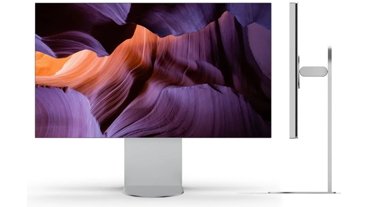
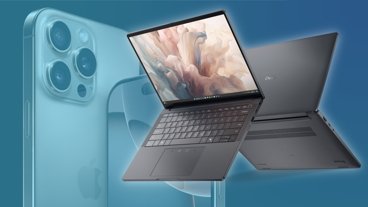

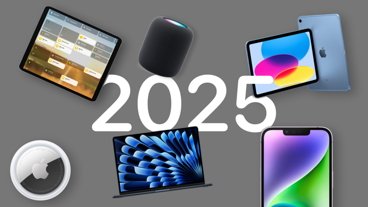

-m.jpg)





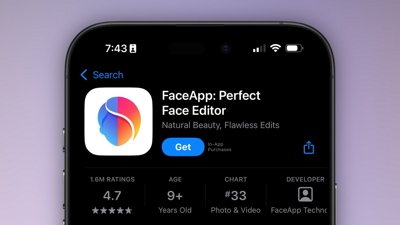
 Wesley Hilliard
Wesley Hilliard
 Marko Zivkovic
Marko Zivkovic
 Christine McKee
Christine McKee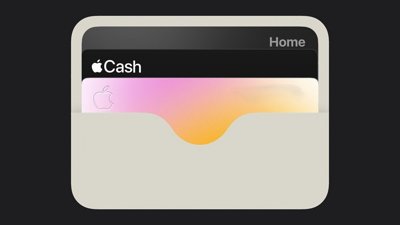

 Malcolm Owen
Malcolm Owen
 Amber Neely
Amber Neely

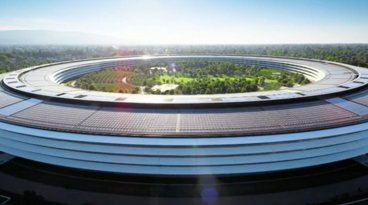









144 Comments
No, they didn't.
Longhorn was the codename, Vista the product name. It's that simple. Longhorn was never meant to be the final public product name on a box that gets put out in retail.
I really, really don't understand why people keep rehashing this nonsense.
No, they didn't.
Longhorn was the codename, Vista the product name. It's that simple. Longhorn was never meant to be the final public product name on a box that gets put out in retail.
I really, really don't understand why people keep rehashing this nonsense.
Yeah. That is exactly right, Longhorn was the codename, not the release name. Similarly XP was called Whittaker in development.
I'm not sure that Apple will rebrand 10.5 Leopard as something else. All the OS Xs have been cat named, and it would seem strange to deviate from this before XI (or whatever comes next?).
Who knows if this is real, but if it is, you guys missed the most interesting part of the screenshots. Look at the "About This Mac" window. In addition to listing OS version, processor, etc., it also lists Windows version (XP with service pack)! Clearly, Windows is integrated into/alongside of the Mac OS.
You know when I think about those pics of "leopard" I at first blush think they are fake but then again when I saw the shots of Tiger and Dashboard Widgets I thought the same thing.
This could in fact be real.
WTF is wrong with that Internet Explorer in the screenshot? I'm talking specifically about the UI--look at the scroll bar. That looks just like Vista's IE, which means:
A) Screenshots are a total fake
B) Mac OS X is running Windows software, as IE for Mac is dead?